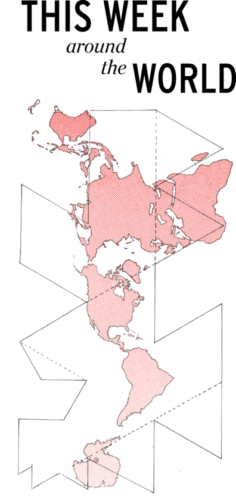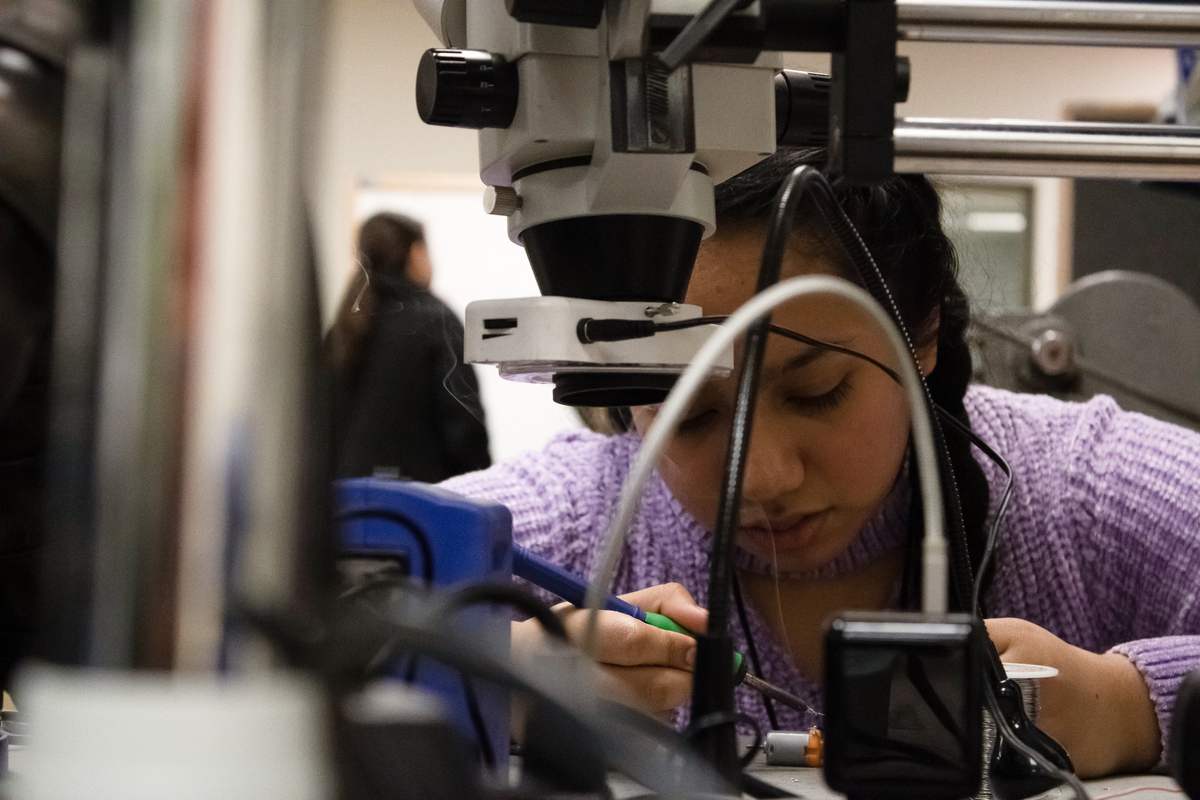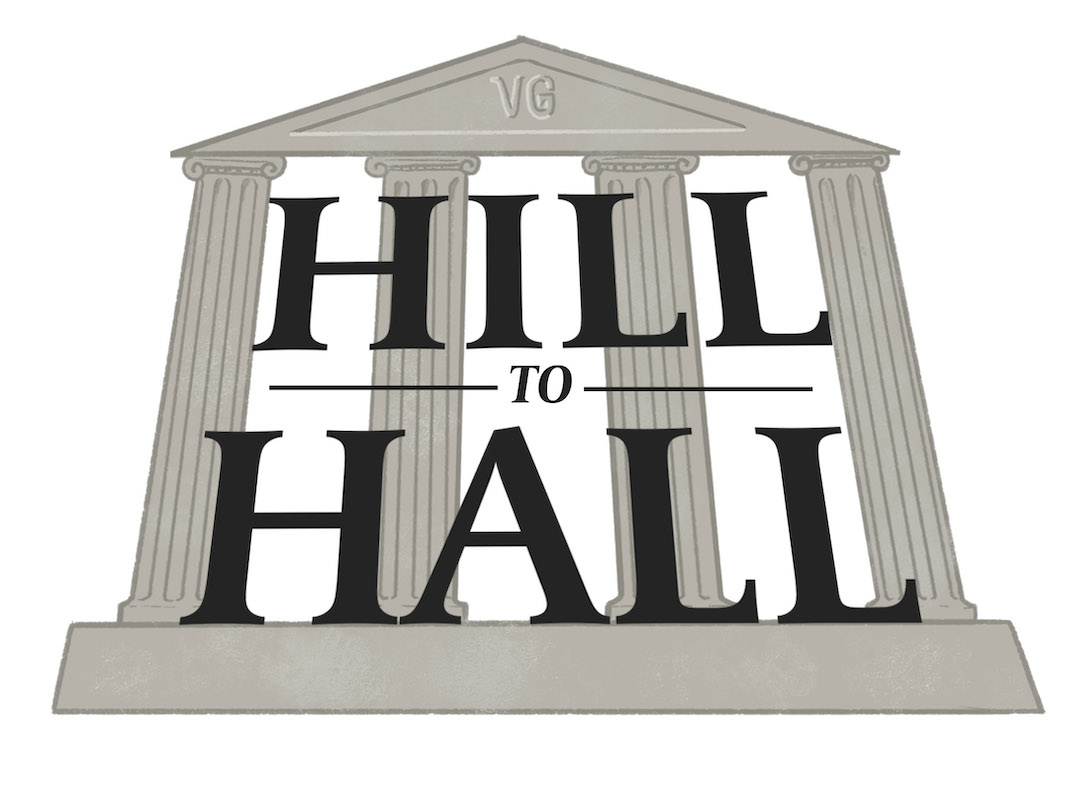Feb. 16 Kabul, Afghanistan: Several unidentified gunmen shot and killed nine houseless drug users on Feb. 16 in Kabul. The attack appeared to be relatively coordinated, but the attackers’ motives currently remain unknown. There are at least 10,000 houseless drug users in Kabul, with thousands more scattered throughout Afghanistan, the world’s largest producer of opium, according to Reuters. Estimates from the Ministry of Public Health claim as many as 2.5 million Afghanis are addicted to drugs. In early February 2020, five senior police officials were arrested in connection to drug trafficking. “It’s a social crisis,” Deputy of the Ministry of Public Health’s Counter-Drug Department Dr. Shokoor Haidari told Al Jazeera.
Feb. 17 Quetta, Pakistan: A suicide bomber on a motorcycle attempted to attack a religious rally organized by the Ahle Sunnat Wal Jammat group, which is closely tied to Pakistani politics. Police attempted to stop the bomber outside of the rally at a safety checkpoint, but the attacker detonated the bomb. “Instead of stopping, [the attacker] attempted to continue going forward,” said Quetta Police Chief Abdul Razzaq Cheema in a press statement. “[The police] struggled with him, toppling him and stopping him. As [the attacker] fell, he detonated himself.” The explosion killed 10 people, including two police officials, and injured at least 35 more.
Feb. 19 El-Salini, Somalia: Al-Shabab, a militant group with known ties to al-Qaida, attacked two Somali military bases with vehicles loaded with explosives. After a suicide bomber driving the vehicles detonated the explosives, dozens of gunmen stormed the bases and attempted to take control. While the militant group controlled one of the military bases briefly, Somali authorities quickly regained control. “[The militants] took the base and took weapons and ammunitions, this includes anti-aircraft guns fixed on pickups,” El-Salini police officer Nur Ahmen told Al Jazeera. The attack killed at least 16 Al-Shabaab fighters and 12 Somali soldiers.
Feb. 19 Hanau, Germany: A gunmen opened fire in two shisha bars in Germany, leaving at least nine dead. The suspect was later discovered dead in his home by police. Police found another dead body with the suspect, but believed the gunman acted alone and did not have any accomplices. Since several of the victims were Turkish, German Chancellor Angela Merkel has since spoken out and has said the attack shows the “poison” of racism in Germany. The federal prosecution is treating the shootings as an act of terrorism. “A terrible evening,” said Hanau Mayor Claus Kaminsky in a statement, according to The New York Times. “It will certainly occupy us for a long, long time, and it will remain in our sad memories.”
Feb. 20 London, United Kingdom: A man was stabbed in a mosque during afternoon prayers. The victim, who is a Muezzin and leads the call to prayers, is in stable condition and officials believe he will survive the attack. Worshippers subdued the suspect until police arrived and took the man into custody. One mosque-goer, Magdi Yousef, said the victim and attacker were friends and frequently seen together. “[The attacker] seemed like a nice man, very calm and quiet,” Yousef told The New York Times. “Then he took out a big knife and stabbed him in the neck. I couldn’t believe it. I don’t know why. He did not seem like a dangerous man.”
Feb. 23 Iran and Turkey: A 5.7 magnitude earthquake in western Iran collapsed thousands of buildings and killed dozens in Iran and neighboring Turkey. The earthquake’s epicenter was the Iranian city of Khoy, in which dozens of buildings collapsed as a result. An additional 25 Iranian villages were severely damaged in the aftermath of the event. In Turkey, at least nine people were killed and and 30 injured in the Van province. Officials believe that number will rise in coming days as collapsed buildings are removed and bodies continue to be recovered.





